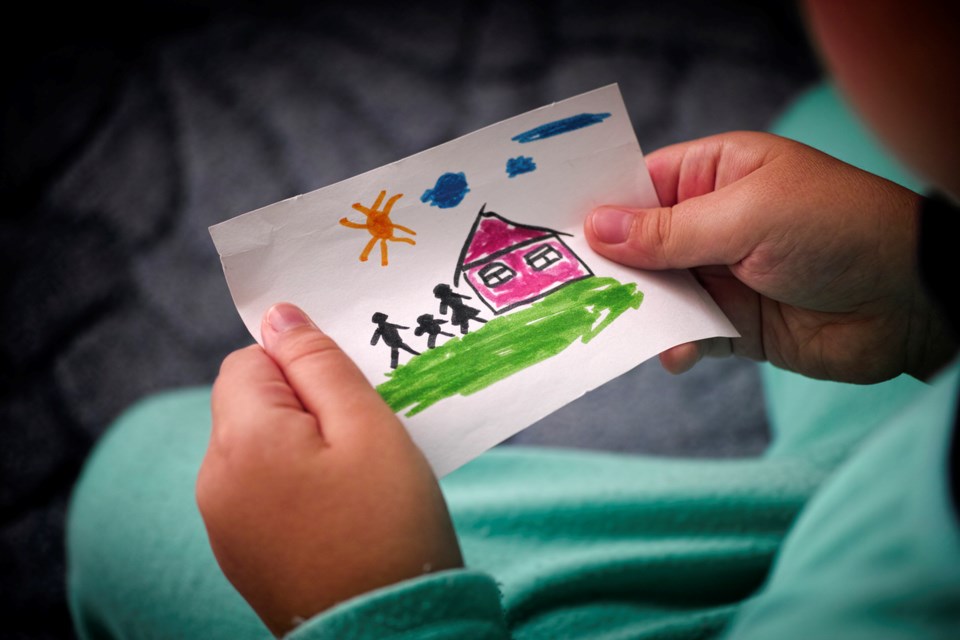As I was watching a recent episode of This Is Us the other night, I realized the show was doing something rarely ever done on TV - it was flipping the script on adoption. The show was not only presenting the perspective of the adoptive and biological parents (as is done on other TV shows), but giving a voice to the adoptees as well through the sharp narrative of the characters of Randall and Deja.
For the first time, I was able to connect with a fictional TV character who, like myself, was sharing their personal perspective as an adoptee.
November is National Adoption Awareness Month (Nov. 9 marks World Adoption Day), with a month-long observance focused on celebrating adoptive families and creating awareness around adoption in Canada.
With so many children in care, adoption is an important conversation to be had here in Canada. We often hear stories of adoption shared by adoptive parents or biological parents, but the missing piece of the adoption puzzle is hearing from those who have been adopted themselves.
One-in-five Canadians are affected by adoption - that adds up to nearly seven million people. Approximately 30,000 children in Canada are legally free or eligible for adoption, and over 1,000 children and youth in B.C. are currently looking for forever homes. Local celebrities Sarah McLachlan and Bif Naked were adopted, along with Steve Jobs, Jamie Foxx, Faith Hill and a slew of other celebrities.
More and more, adoption is being discussed in the media. Celebrities are sharing their tales of international adoption, adoption is being included in the scripts of TV shows and movies, and we’re seeing more discussion around the diversity of adoptive parents, recognizing single parents, and parents from the LGBTQ community as equally as fit to foster and adopt. The problem, though, is that conversations around adoption have always been more about filling a void for parents, and less about finding a home for the deserving children who have yet to find their forever families.
In November 2014, a Twitter hashtag movement was started by Rosita González of Lost Daughters (a site focused on giving voices to adult adoptees) called #FlipTheScript, aiming to address these unheard voices.
On why the movement seemed necessary, the website reads, “Adoption professionals and adoptive parents are overwhelmingly represented during the month of November (National Adoption Awareness Month). Whenever education is taking place about an issue or community, all voices of that community must be included. The world needs to hear adoptee voices included in the dialogue about adoption.”
As posts using the hashtag have begun to emerge this month, so have important stories and messages shared by adoptees that have never before felt that their voices were being heard.
One adoptee shares on Twitter, “Adoption should be about finding families for children in need, not finding children for “families in want,” ending her post with #FlipTheScript. Another tweet using the hashtag reads, “Each individual who was fostered and/or adopted has their own story, their own truth. November is the month truths are told.”
This month, don’t just read the stats and listen to the stories of the parents and professionals involved in adoption (although their voices are also important), listen to those who have experienced adoption firsthand. We can only understand adoption in its entirety if we listen to what adoptees have to share as well.
Bianca Bujan is a mom of three, writer, editor, and marketing consultant. Find her online at @bitsofbee.



